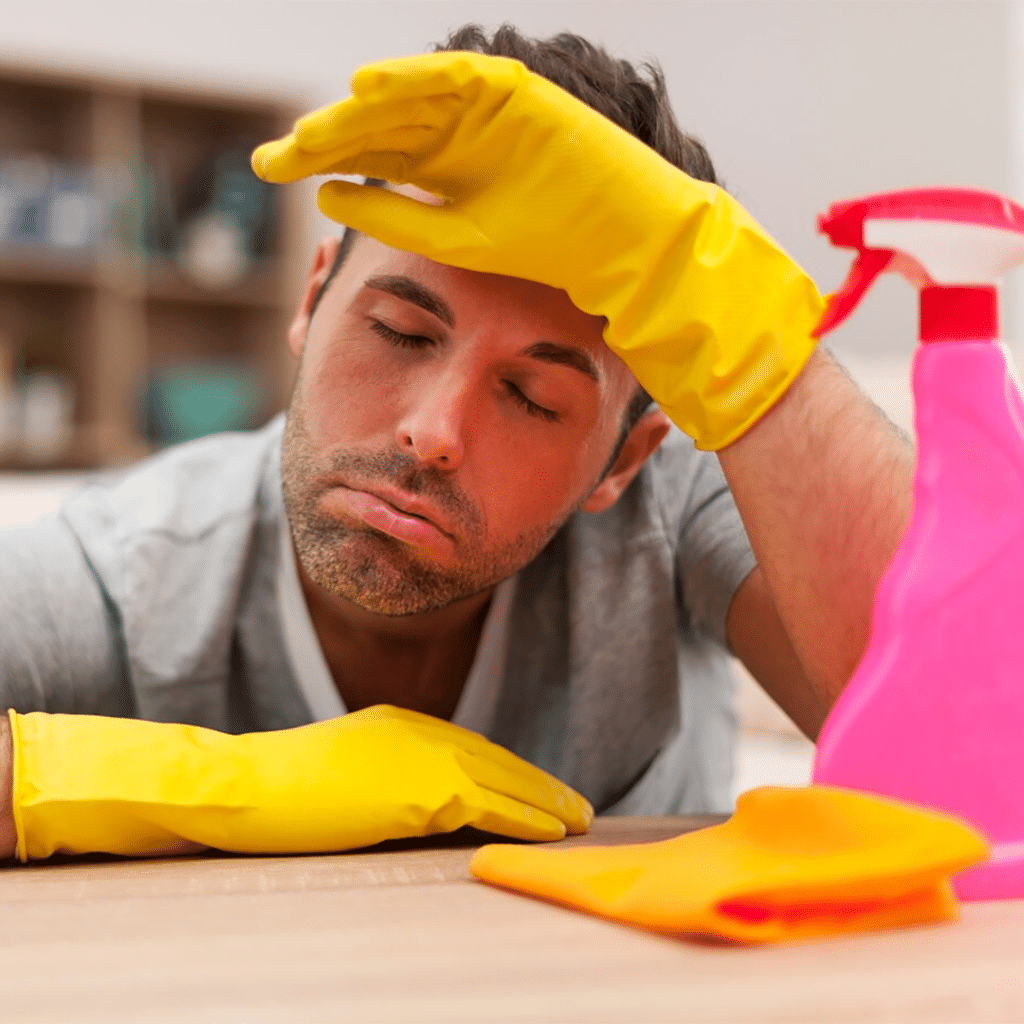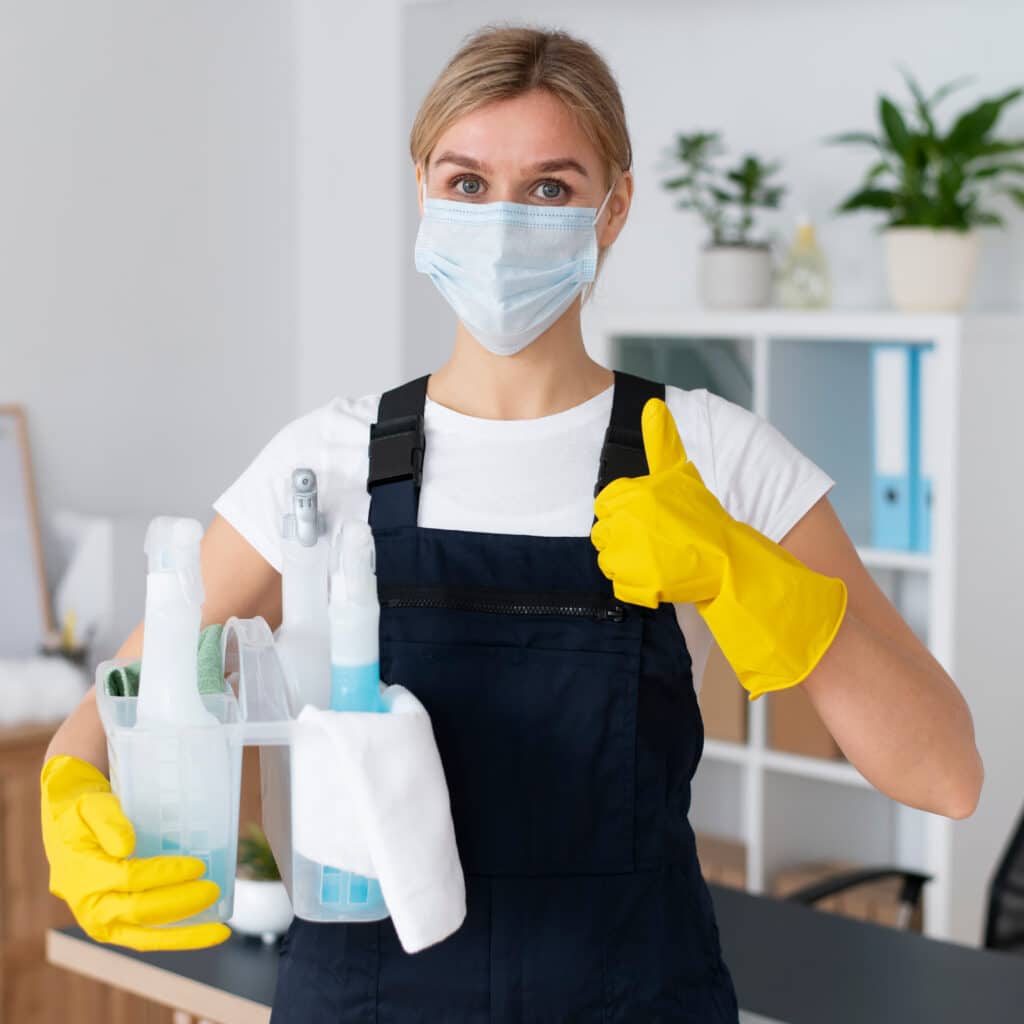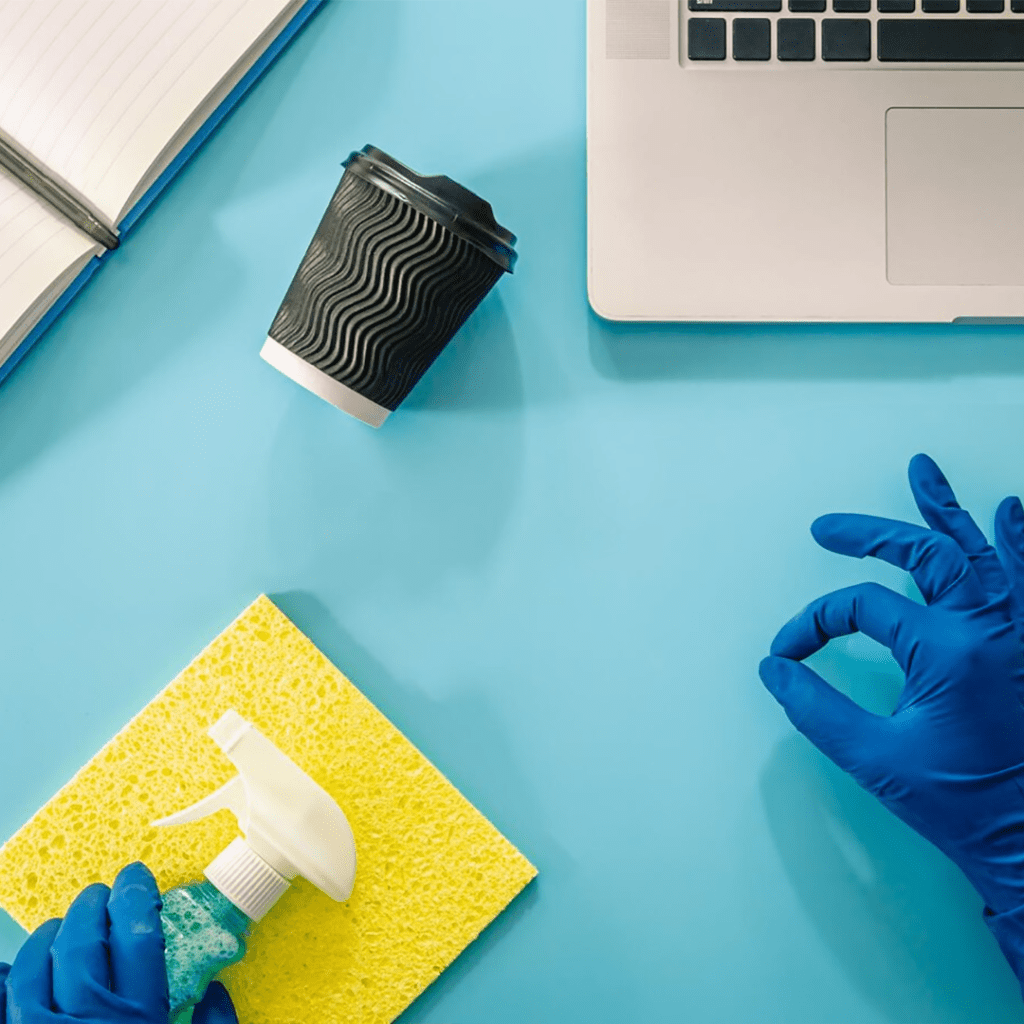Addressing Mental Health: Dealing with Job Stress and Burnout in the Housecleaning Industry

Every profession carries its unique challenges, and housecleaners are no exception. Tasked with the responsibility of not just cleaning, but also navigating the emotional terrain of varied households, the profession is laden with both physical and mental demands. While these silent warriors of hygiene leave homes sparkling, it’s crucial to understand that they too face the strains and stresses of their vocation.
The Subtle Onset of Burnout
Maggie’s account provides a window into the life of many housecleaners. Beginning feelings of burnout often manifest as feeling overburdened and unappreciated. Extended hours, meticulous clients, and consecutive appointments can lead to detachment, reduced job satisfaction, and heightened fatigue. A survey from a leading health institution noted that nearly 47% of housecleaners admitted to feelings indicative of burnout. It’s pivotal to detect and act upon these symptoms early
Physical signs like recurrent, unexplained headaches, disrupted sleep patterns, and a weakened immune response can often herald burnout. The body has varied ways of reacting to prolonged stress. Amplified over time, these symptoms can intertwine with emotional aspects like irritability, a marked decrease in motivation, and even periods of depression.
The World Health Organization now acknowledges burnout as a legitimate syndrome linked to chronic workplace stress. For housecleaners, understanding the difference between regular fatigue and burnout is essential. While fatigue can be rectified with a good night’s sleep or a day off, burnout can linger and permeate all aspects of life, requiring more intensive interventions.
Understanding and Addressing Job Stress
The tale of Jane mirrors the internal conflict many housecleaners face when attempting to meet or exceed client expectations. The added stress of navigating different households, each with its own set of dynamics and rules, makes their job even more challenging. Miscommunication or misunderstanding can quickly escalate, leading to stress and potential conflict.
Furthermore, there’s the stress of the ‘unknown’ in the housecleaning profession. Each new home or client brings a set of unknown variables. This could range from the actual state of the house to the kind of products the client prefers. Adaptability, while a strength, can also be a source of stress. Having protocols or strategies in place to handle such unknowns can reduce the onset of stress. Regular feedback sessions with clients can also ensure clarity and mutual satisfaction.
One must not forget the societal aspect. Some housecleaners mention the occasional stigma or undervaluation attached to their profession, causing feelings of inadequacy or defensiveness. Educating clients about the complexity and importance of their work can pave the way for mutual respect and understanding.
The Physical and Mental Impacts of Chronic Stress
Carla’s narrative offers a stark reminder of the compounded effects of physical and emotional strain. While her physical symptoms were evident, it was the mental repercussions that proved more insidious. The stress of meeting expectations, handling criticisms, and managing tight schedules often leads to emotional drain.
It’s also worth noting that chronic stress has a bi-directional relationship with physical health. Stress can lead to physical ailments, but persistent physical discomfort can also exacerbate stress. This relationship can create a vicious cycle if not identified and addressed early on. Housecleaners, given the physical nature of their job, are especially at risk. They often push past the pain, chalking it up to the ‘nature of the job,’ inadvertently allowing stress to seep deeper.
The Domino Effect of Chronic Stress
It’s worth noting that chronic stress doesn’t solely affect the individual experiencing it. Their relationships, both professional and personal, can be strained. In a professional setting, consistent stress can lead to increased sick days, reduced productivity, and even conflicts with clients or colleagues. This can potentially damage the reputation of housecleaners and their affiliations. Personal relationships too can bear the brunt, with family members and friends often feeling helpless or sidelined.
Combatting Job Stresses and Burnout
Overcoming such profound challenges requires a dual approach, targeting both the external factors causing stress and enhancing personal resilience. Externally, there’s a pressing need for improved working conditions, clearer job descriptions, and better communication tools. Apps or platforms where housecleaners can discuss job nuances, client preferences, and even get peer advice can be invaluable.
Internally, housecleaners can work on their stress management strategies. Techniques like deep breathing, progressive muscle relaxation, and visualization can be interspersed throughout the workday, offering short breaks for mental rejuvenation. Regular physical exercise, even if it’s just a daily walk, can help in releasing pent-up physical and emotional tensions.
Moreover, regular counseling or therapy sessions shouldn’t be an option but a priority. These sessions offer a safe space to express and process emotions, gain new perspectives, and learn coping mechanisms. Whether it’s through group therapy or individual sessions, the importance of mental health checks in this industry can’t be emphasized enough.
Preventive Measures and the Importance of Proactivity
Being proactive, rather than reactive, is often the key to maintaining mental well-being. In the housecleaning industry, this principle remains particularly relevant. Waiting for stress or burnout to manifest fully before taking action can result in longer recovery times and even potentially severe health complications. Here are a few ways through which housecleaners can be proactive in their approach to job-related stresses.
-
1. Regular Mental Check-ins: Just as a home needs routine cleaning, the mind benefits from regular mental check-ins. Housecleaners can set aside a few minutes at the beginning or end of each day to reflect on their feelings and mental state. This practice allows individuals to catch early signs of stress or emotional exhaustion. For instance, if a cleaner finds themselves dreading certain tasks more than usual or feeling unusually fatigued, it may be a sign to delve deeper into their feelings.
-
2. Educational Workshops: Housecleaners can benefit significantly from attending workshops or sessions focused on stress management, communication skills, and self-awareness. Learning about the early signs of burnout, effective coping mechanisms, and ways to communicate issues can empower them to address challenges head-on. For example, a workshop on conflict resolution can equip cleaners with skills to manage disputes or misunderstandings with clients more effectively.
-
3. Healthy Work-Life Balance: Striking a healthy work-life balance is crucial. It can be tempting to take on more clients or work extra hours, especially during peak seasons. However, doing so without adequate breaks can lead to rapid burnout. Housecleaners should be encouraged to set boundaries, ensuring they have enough time for relaxation and personal pursuits. This might mean setting specific work hours, taking regular days off, or even just ensuring short breaks during a workday.
-
4. Peer Support Groups: Forming or joining peer support groups can be a game-changer. Such groups, whether online or offline, offer a platform for housecleaners to share experiences, offer advice, or simply vent. Knowing that others face similar challenges can be comforting. Moreover, such groups often become a source of valuable tips and solutions. A cleaner struggling with a particular client’s expectations might find solace and practical advice from a colleague who’s been in a similar situation.
-
5. Seeking Feedback: Proactively seeking feedback from clients can also be a preventive measure. Constructive feedback helps in understanding areas of improvement and adjusting services accordingly. It prevents the buildup of unsaid grievances and ensures a smoother working relationship. On the flip side, positive feedback can be a source of motivation and reassurance.
By integrating these preventive measures into their daily routines and work ethos, housecleaners can not only safeguard their mental health but also enhance their professional satisfaction and growth. After all, a well-taken-care-of mind often leads to a job well done.




Responses